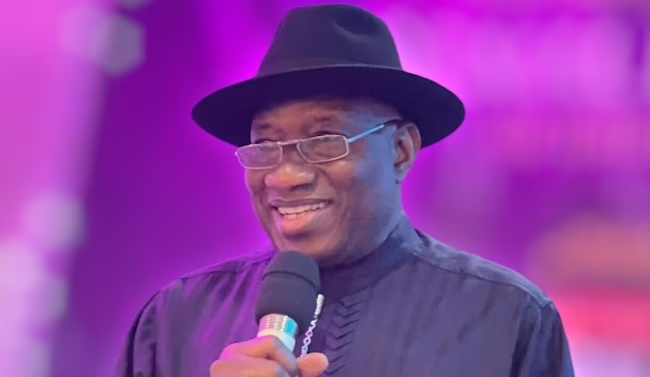Goodluck Jonathan Advocates Comprehensive Electoral Reforms to Strengthen Nigerian Democracy
Former Nigerian President Goodluck Jonathan has called for extensive changes to the country’s electoral framework aimed at deepening democratic governance, improving transparency, and rebuilding public trust in election outcomes.
Addressing Persistent Electoral Challenges
Speaking at the National Action Plan for Electoral Reform Dialogue hosted by the Abuja School of Social and Political Thought, Jonathan-represented by Ann Iyonu, Executive Director of the Goodluck Jonathan Foundation-highlighted that despite Nigeria’s democratic progress since 1999, the electoral system remains plagued by fundamental flaws.
“Our electoral infrastructure continues to grapple with critical issues,” Jonathan remarked. “A genuine commitment to democracy demands courageous reforms that ensure elections truly mirror the electorate’s will while upholding fairness, accountability, and inclusiveness.”
Introducing an Independent Registrar for Political Parties
One of Jonathan’s key recommendations is the creation of an autonomous Office of the Registrar of Political Parties. This body would be tasked with enforcing internal democracy within parties and maintaining discipline among members. He pointed out that Nigerian political parties have increasingly become vulnerable to opportunistic behavior and instability, as evidenced by the frequent defections of elected officials lacking ideological basis.
Drawing on examples from Kenya and Malawi, where similar offices have the power to declare seats vacant following unjustified defections, Jonathan argued that such a mechanism would reinforce the principle that electoral mandates belong to the electorate rather than individual politicians.
Reforming the Appointment Process of INEC Leadership
Jonathan also proposed overhauling how the chairman of the Independent National Electoral Commission (INEC) is selected. He suggested that an impartial panel comprising members from the judiciary, civil society, academia, labor unions, and professional organizations should vet and nominate candidates. This approach aims to enhance the credibility of INEC and diminish public perceptions of partisanship.
Ensuring Timely Resolution of Electoral Disputes
Highlighting the detrimental effects of unresolved election petitions, Jonathan emphasized the importance of settling all electoral disputes before the inauguration of elected officials. Allowing candidates with pending legal challenges to assume office, only to be removed later, undermines governance stability and public confidence.
To mitigate this, he recommended expediting the adjudication process for election-related cases, particularly for gubernatorial and presidential elections, to reduce delays and improve judicial efficiency. “Delayed justice in elections equates to denied justice for both candidates and voters,” he asserted.
Building a Resilient and Inclusive Democracy
Concluding his address, Jonathan stressed that these reform proposals transcend partisan interests and are essential for fortifying Nigeria’s democratic institutions. “Democracy extends beyond merely voting; it involves constructing robust institutions, fostering accountability, and safeguarding citizens’ rights,” he said. “These reforms are a patriotic endeavor to enhance Nigeria’s democratic future for all its people.”
Source: Latest Nigeria News | Top Stories from Ripples Nigeria























0 Comments